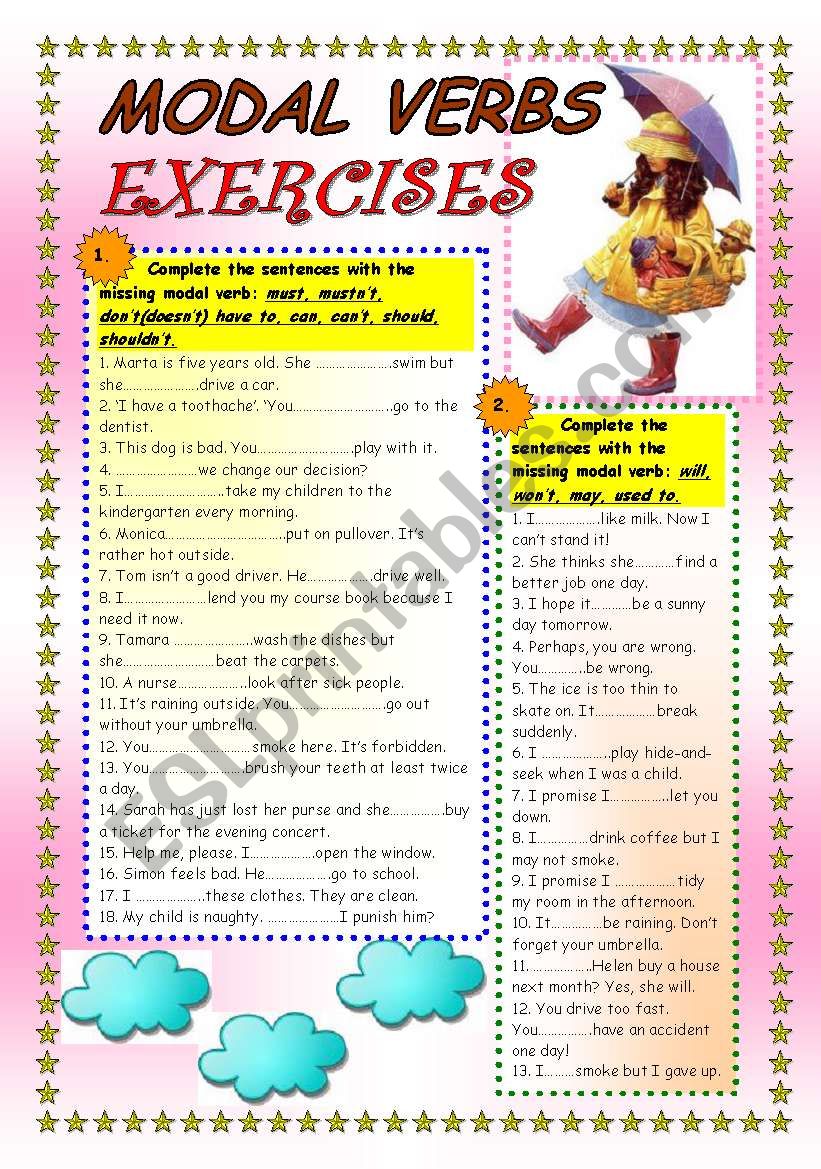
Participle clauses after conjunctions and prepositions Having been made redundant, she started looking for a new job. Having finished their training, they will be fully qualified doctors. Having got dressed, he slowly went downstairs. Perfect participles can be structured to make an active or passive meaning. Perfect participle clauses show that the action they describe was finished before the action in the main clause. Worried by the news, she called the hospital.įilled with pride, he walked towards the stage. ( If you use participles in this way, … ) Used in this way, participles can make your writing more concise. With a similar meaning to an if condition.Note that past participles normally have a passive meaning. Here are some common ways that we use past participle clauses. Starting in the new year, the new policy bans cars in the city centre. To add information about the subject of the main clause.Standing in the queue, I realised I didn't have any money. To talk about an action that happened at the same time as another action.Knowing she loved reading, Richard bought her a book. The bomb exploded, destroying the building. Note that present participles have a similar meaning to active verbs. Here are some common ways we use present participle clauses. Participle clauses are mainly used in written texts, particularly in a literary, academic or journalistic style. The tense is indicated by the verb in the main clause. Participle clauses do not have a specific tense. ( While I was waiting for Ellie, I made some tea.) We can use participle clauses when the participle and the verb in the main clause have the same subject. They are formed using present participles ( going, reading, seeing, walking, etc.), past participles ( gone, read, seen, walked, etc.) or perfect participles ( having gone, having read, having seen, having walked, etc.). Participle clauses enable us to say information in a more economical way. Having lived through difficult times together, they were very close friends. Not wanting to hurt his feelings, I avoided the question. Looked after carefully, these boots will last for many years. These modalities (ability, permission, advice, etc.) can be practised in the following exercises.Look at these examples to see how participle clauses are used. They are also used in a sentence to express ability, asking permission, making requests and offers, and so on.

Modal verbs (will, can, may, must, etc.) are used to show if something is seen as certain, probable or possible (or not).


 0 kommentar(er)
0 kommentar(er)
